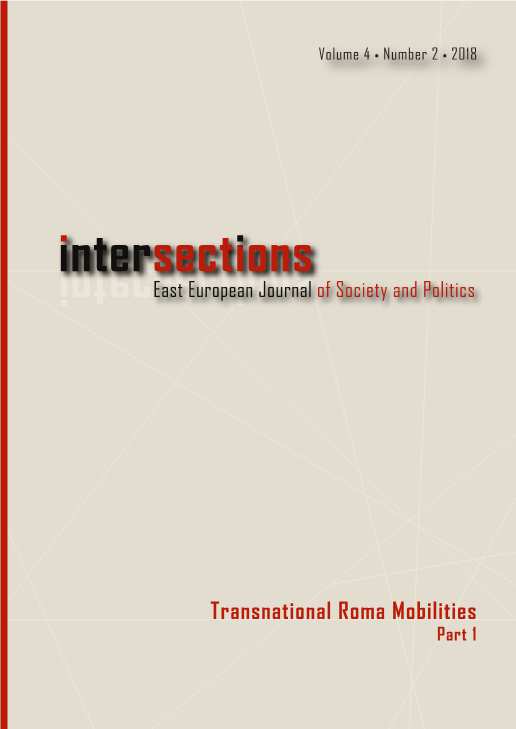Marriage, Gender and Transnational Migrations in Fertility Transitions of Romanian Roma Women
Marriage, Gender and Transnational Migrations in Fertility Transitions of Romanian Roma Women
Author(s): Juan Francisco GamellaSubject(s): Gender Studies, Cultural Anthropology / Ethnology, Ethnic Minorities Studies
Published by: MTA Társadalomtudományi Kutatóközpont Kisebbsegkutató Intézet
Keywords: fertility transitions; Roma/Gypsies; Romania; Spain; transnational migration; gender; marriage systems.
Summary/Abstract: This paper explores how a group of immigrant Roma women are shaping their reproductive lives in the transnational context generated by the migratory flows of post-1989 Romania. The analysis is based on the ethnographic reconstruction of the reproductive lives of 124 women from seven Roma family networks residing in Spain and connected with relatives all over Europe. Although these groups are increasingly heterogeneous, some common patterns seem clear. Primarily, we observe that these women are transforming the tempo and quantum of their reproductive careers in a culturally specific fertility transition that is not based on the postponement of childbearing and marriage. Early, pronatalist and patrilocal marriage followed by adolescent maternity are powerful normative orientations in the groups studied. Spacing the second or the third child and stopping having children in their early 30s seem to be the most common strategies by which they are responding to the increasing costs and setbacks of high fertility. Their transnational experiences in Western Europe are contributing to this process in ideological, structural and instrumental terms. The demographic contrasts of many Roma groups with their non-Roma neighbours are a source of prejudice and ‘ethno-demographic anxiety’ that fuel populist, nationalist and illiberal sentiments and movements
Journal: Intersections. East European Journal of Society and Politics
- Issue Year: 4/2018
- Issue No: 2
- Page Range: 57-85
- Page Count: 29
- Language: English

